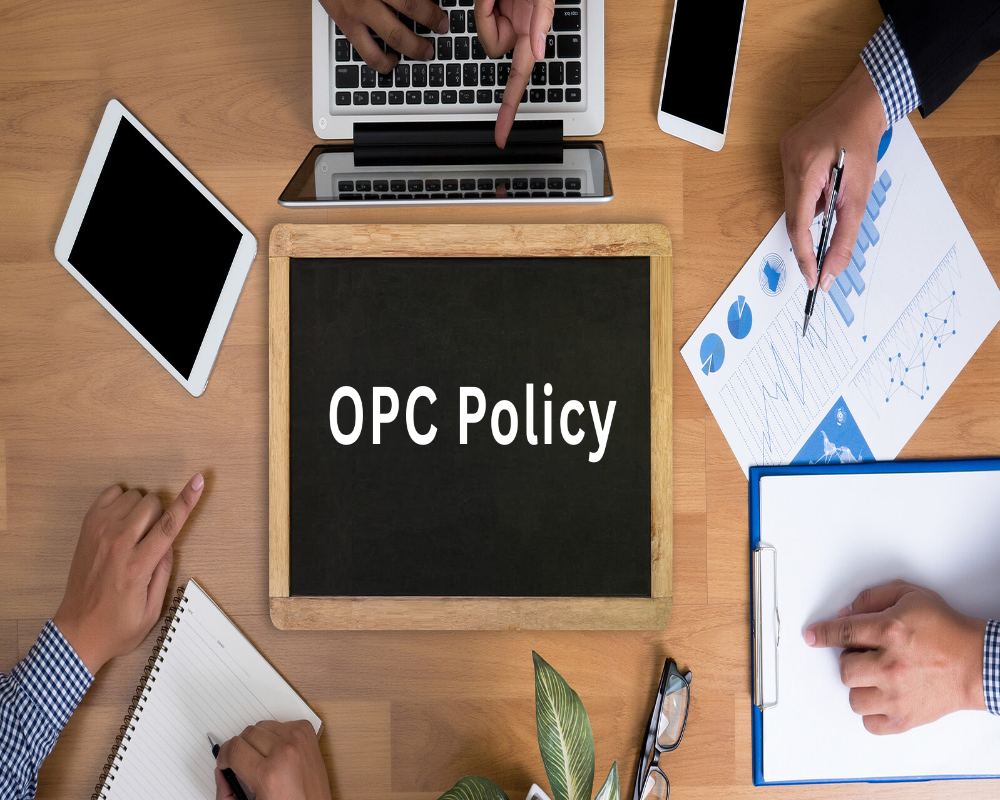In a major relief to solo entrepreneurs, the Government of India has implemented policy reforms that significantly ease the exit norms for One Person Companies (OPCs). Previously, OPC promoters faced procedural hurdles and time delays when winding up or converting their companies. With the latest amendments to the Companies (Incorporation) Rules by the Ministry of Corporate Affairs (MCA), the voluntary closure, conversion, and restructuring of OPCs have been streamlined, making it easier for founders to exit or pivot without prolonged legal formalities.
One of the most notable changes is the removal of the mandatory two-year waiting period previously required before converting an OPC into a private or public limited company. Entrepreneurs can now transition their OPCs into larger business structures at any time, based on growth, investment needs, or strategic decisions. This flexibility is crucial for startups and professionals who begin with a single-promoter model but later expand their operations, attract partners, or bring in external funding.
Additionally, the exit process through the Fast Track Exit (FTE) scheme has been simplified for inactive OPCs. The revised norms allow for digital submission of closure applications with minimal documentation, reduced compliance checks, and quicker approvals. This reduced compliance burden encourages responsible winding up and prevents the accumulation of non-operational entities on government records. With these reforms, OPCs have become not only easier to start but also more agile in adapting or exiting, further enhancing their appeal to India’s modern solo entrepreneurs.



0 Comments